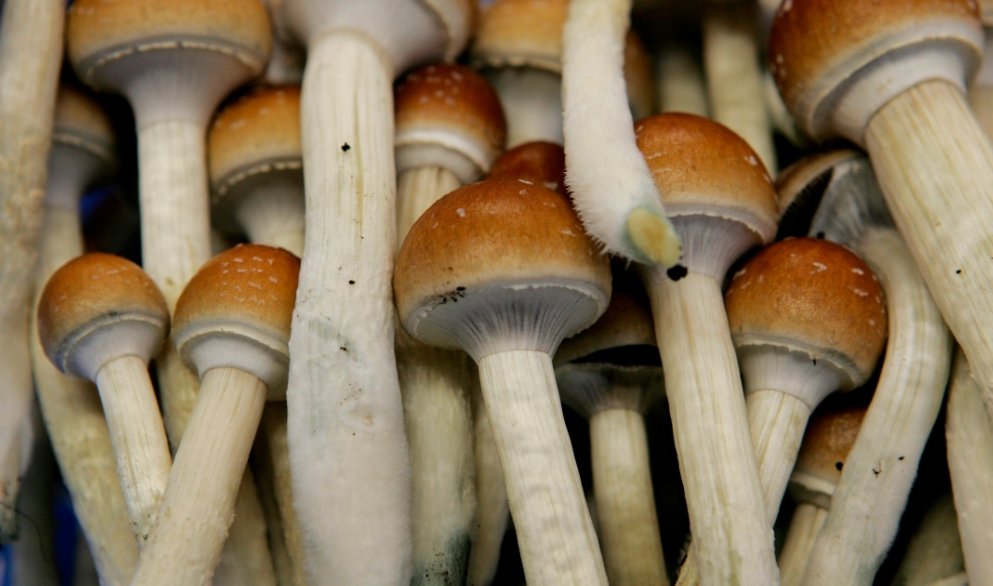A new bill to legalize and regulate psilocybin services for adults in Washington State has been filed by a group of bipartisan senators. The bill aims to improve the well-being of people in the state by providing them with opportunities for supported psilocybin experiences.
What is psilocybin and why is it important?
Psilocybin is a naturally occurring psychedelic compound that is found in some species of mushrooms. Psilocybin has been used for centuries by various cultures for spiritual and healing purposes. Recent research has shown that psilocybin can have positive effects on mental health, such as reducing depression, anxiety, post-traumatic stress disorder (PTSD), and addiction.
However, psilocybin is currently classified as a Schedule I drug under federal law, meaning that it has no accepted medical use and a high potential for abuse. This makes it illegal to possess, use, or distribute psilocybin in most states, including Washington.
What does the bill propose?
The bill, titled the “Psilocybin Services Wellness and Opportunity Act”, was filed by Sen. Jesse Salomon (D) on Wednesday, with 20 cosponsors. It seeks to legalize and regulate the psychedelic for adults 21 and older.
The bill states that it is the intent of the legislature to “facilitate the establishment of safe, legal, and affordable psilocybin service centers to provide citizens of Washington who are at least 21 years of age with opportunities for supported psilocybin experiences for wellness and personal growth.”

The bill also states that the purpose of the reform is to “improve the physical, mental, and social well-being of all people in this state, and to reduce the prevalence of behavioral health disorders among adults in this state by providing for supported adult use of psilocybin under the supervision of a trained and licensed psilocybin service facilitator.”
Under the bill, the state Department of Health would be primarily responsible for licensing and regulating the new industry. A Washington Psilocybin Advisory Board would be established to advise on the issue and provide lawmakers with information about psilocybin research, best practices for supported use and criteria for the bill’s social opportunity program.
The department would need to adopt rules for a “comprehensive regulatory framework” during a two-year development period following the bill’s passage. It would need to start accepting applications to manufacture psilocybin products, operate a service center, facilitate psilocybin services or test products beginning September 2025.
The bill would not require a client to have any particular medical condition to access psilocybin services, nor would it allow psilocybin to be sold or consumed outside of the service centers. The bill would also impose taxes and fees on the psilocybin industry, and allocate some of the revenue to fund research, education, and harm reduction programs.
How is the bill different from the previous version?
The bill is a revised version of an earlier bill that was introduced in early 2023 with far fewer cosponsors. The previous bill received a committee hearing, but did not advance further.
The new bill has several changes that aim to improve the chances of passing and implementation. Some of the changes include:
- Expanding state-level protections for psilocybin service providers and clients from federal interference
- Creating a social opportunity program to ensure equitable access and participation in the psilocybin industry for people from marginalized communities
- Establishing a psilocybin research fund to support scientific studies on the benefits and risks of psilocybin
- Allowing veterans and first responders to access psilocybin services at a reduced cost or for free
- Requiring psilocybin service facilitators to undergo extensive training and certification
- Setting strict quality standards and testing requirements for psilocybin products
- Prohibiting advertising and marketing of psilocybin products and services
What are the reactions and prospects of the bill?
The bill has received support from various groups and individuals who advocate for psychedelic reform, such as the Psychedelic Medicine Alliance WA, the Multidisciplinary Association for Psychedelic Studies (MAPS), and Dr. Bronner’s. They argue that psilocybin has the potential to improve the lives of many people who suffer from mental health issues, especially veterans and first responders who face high rates of PTSD and suicide.
The bill has also received opposition from some groups and individuals who are concerned about the safety and legality of psilocybin, such as the Washington Association of Sheriffs and Police Chiefs, the Washington State Medical Association, and the Washington State Pharmacy Association. They argue that psilocybin is a dangerous and addictive substance that could cause harm to users and society, and that legalizing it would violate federal law and invite federal intervention.
The bill faces an uncertain future in the Washington State Legislature, as it would need to pass both chambers and be signed by the governor before becoming law. The bill would also likely face legal challenges from the federal government, which still considers psilocybin a prohibited substance.
However, the bill’s sponsors and supporters are hopeful that the bill will spark a meaningful dialogue and debate about the potential of psilocybin, and that it will pave the way for more research and reform in the future.



